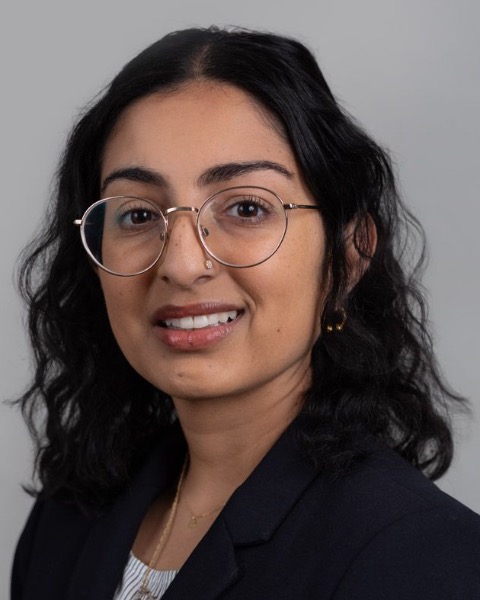Enrichment Hub
Diversity, Disparity, and Inclusion
Narrative Medicine as Disability Justice: Using Semi-Structured Interviews to Illuminate the Stories of Healthcare Professionals with Disability and Chronic Illness
Saturday, September 21, 2024
12:45 PM – 1:45 PM CT
Location: Regency Ballroom C (First Floor)
CE Hours: 1
Keywords: Healthcare professionals with chronic illness, Narrative medicine
Abstract: Although the CDC reports that up to 27% of adults in the United States have a disability, some studies report only 3% of physicians in the United States self-identifying as disabled. Similarly, there are limited personal accounts of healthcare professionals (HCPs) living with chronic illness. Yet personal stories of disability and illness are necessary to illuminate the breadth of intersectional identities in our professional sphere. Engaging with such stories is a unique educational opportunity to replace conventional academic hierarchies with one that honors the expertise of lived experience. Attention to the expertise of HCPs and students with disability and chronic illness will expand normative perceptions of who can and should be HCPs with the ultimate goal of dismantling structural ableism, increasing opportunities for all people to enter into the healthcare professions. Furthermore, embracing disability narratives from within the biomedical establishment will contribute to public awareness of access intimacy – in which able bodied people are asked to inhabit the world of people with disabilities – ultimately helping deepen connections between HCPs, our colleagues, and patients. We propose a highly interactive narrative medicine session to teach participants how to write stories of disability and chronic illness using information obtained from a semi-structured interview. In doing so, we aim to provide a guide for soliciting narrative information in much the same way mnemonics and lists are used as structural aids when obtaining a medical history, with an ultimate goal of increasing visibility of HCPs with disability and chronic illness.
Learning Objectives:
After participating in this conference, attendees should be able to:
- Learn a novel semi-structured interview template for soliciting information from HCPs and students with disability or chronic illness in a method that is compassionate, respectful, and centered on individual experience.
- Practice incorporating information from an interview into a work of creative writing, focusing on major domains within narrative medicine (observation, perspective, form, voice, mood, and motion).
- Identify the individual impact, via personal accounts and testimony, of the systemic and structural obstacles to obtaining necessary support for disabilities
- BM
Ben Martin, MD
University of Virginia
Charlottesville, Virginia 
Farah Contractor, BA, medical student
4th year medical student
University of Virginia
Charlottesville, Virginia
